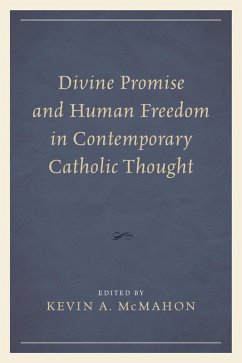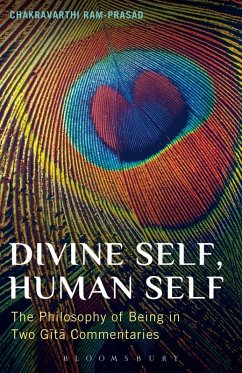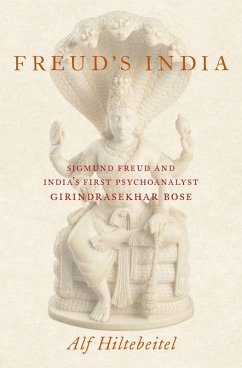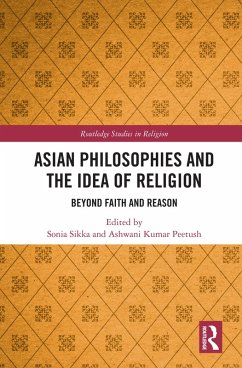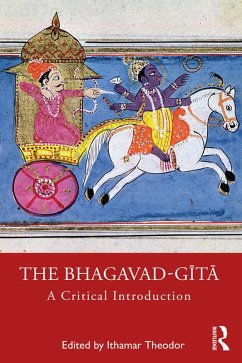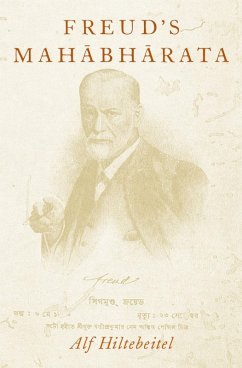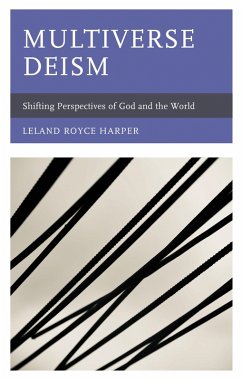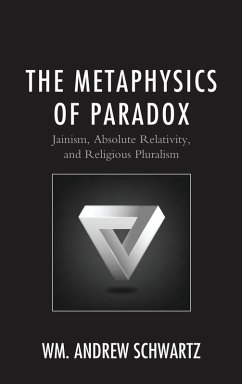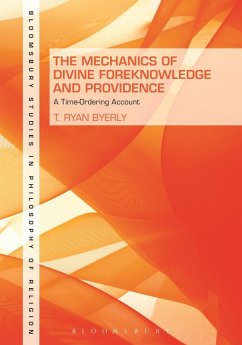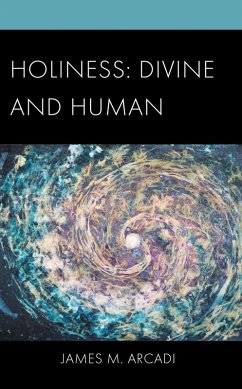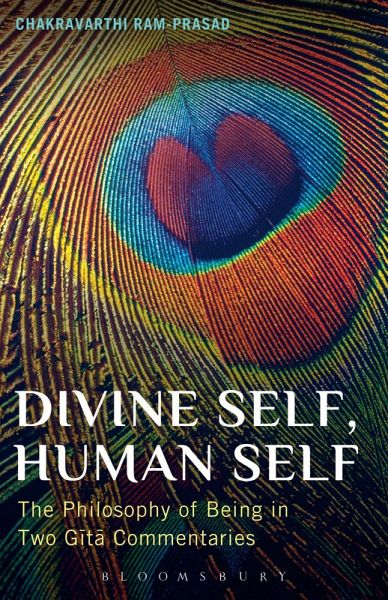
Divine Self, Human Self (eBook, ePUB)
The Philosophy of Being in Two Gita Commentaries
Versandkostenfrei!
Sofort per Download lieferbar
24,95 €
inkl. MwSt.
Weitere Ausgaben:

PAYBACK Punkte
12 °P sammeln!
Winner of the Best Book in Hindu-Christian Studies Prize (2013/2014) from the Society for Hindu-Christian Studies. The Gita is a central text in Hindu traditions, and commentaries on it express a range of philosophical-theological positions. Two of the most significant commentaries are by Sankara, the founder of the Advaita or Non-Dualist system of Vedic thought and by Ramanuja, the founder of the Visistadvaita or Qualified Non-Dualist system. Their commentaries offer rich resources for the conceptualization and understanding of divine reality, the human self, being, the relationship between G...
Winner of the Best Book in Hindu-Christian Studies Prize (2013/2014) from the Society for Hindu-Christian Studies. The Gita is a central text in Hindu traditions, and commentaries on it express a range of philosophical-theological positions. Two of the most significant commentaries are by Sankara, the founder of the Advaita or Non-Dualist system of Vedic thought and by Ramanuja, the founder of the Visistadvaita or Qualified Non-Dualist system. Their commentaries offer rich resources for the conceptualization and understanding of divine reality, the human self, being, the relationship between God and human, and the moral psychology of action and devotion. This book approaches their commentaries through a study of the interaction between the abstract atman (self) and the richer conception of the human person. While closely reading the Sanskrit commentaries, Ram-Prasad develops reconstructions of each philosophical-theological system, drawing relevant and illuminating comparisons with contemporary Christian theology and Western philosophy.




